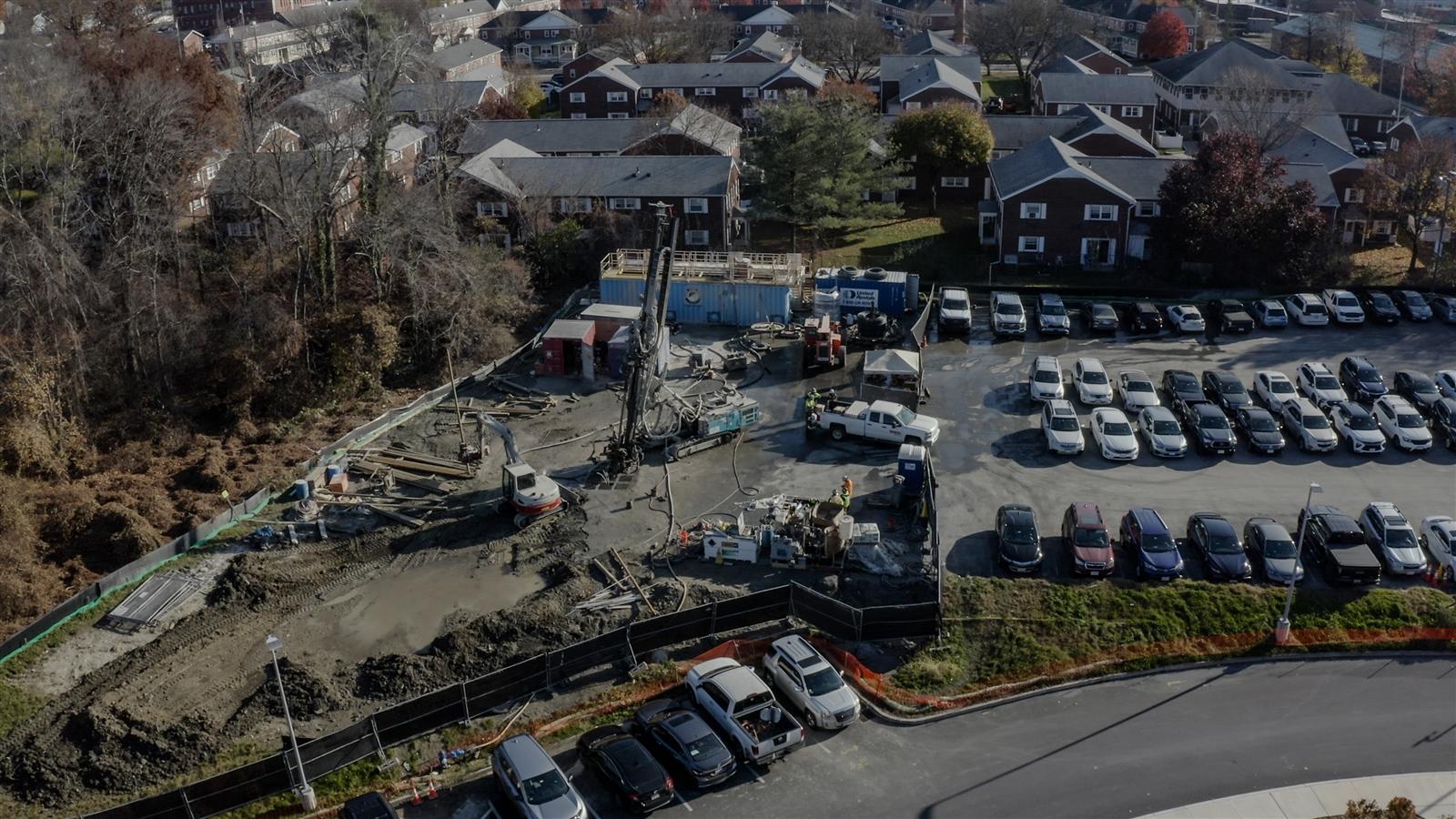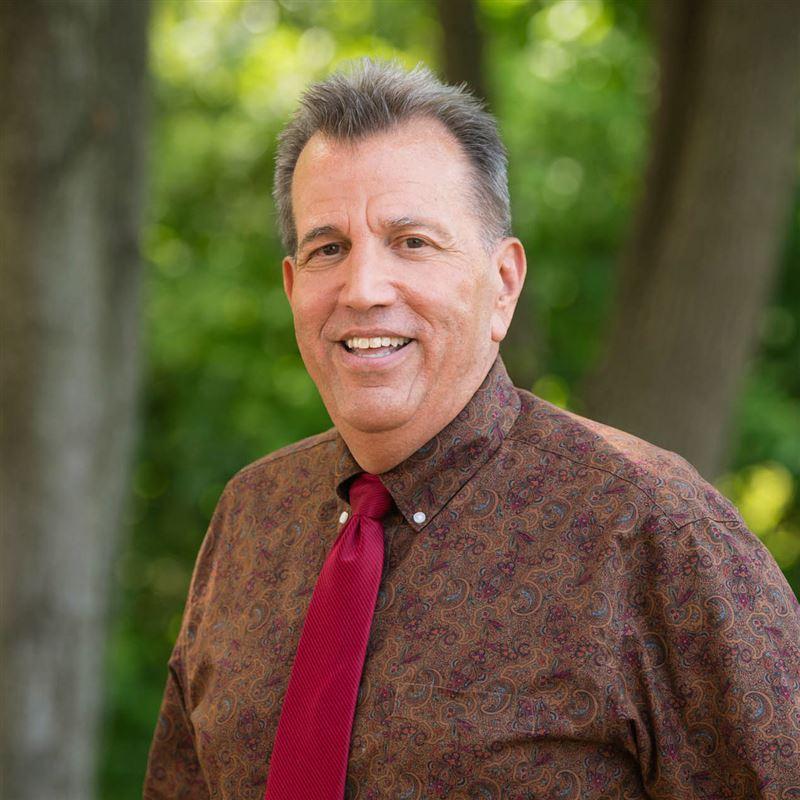Eversource Pilots Future-Ready Thermal Energy Network
Geothermal Heating and Cooling
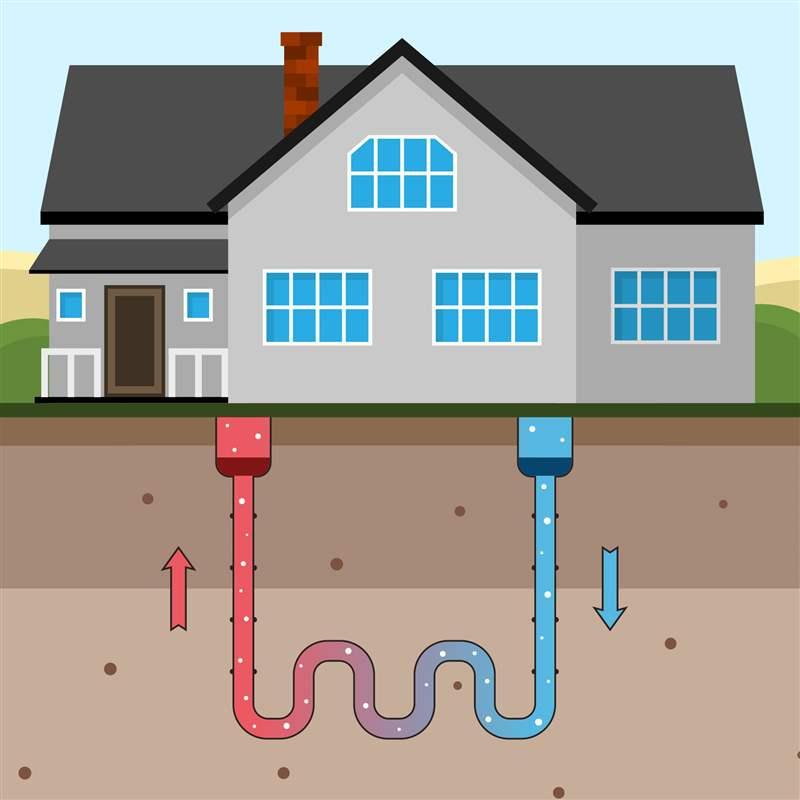 Geothermal technologies tap into the nearly limitless natural supply of thermal energy in the ground available year-round, regardless of weather conditions. Geothermal heat pumps generally require less electrical energy to provide the same heating and cooling as conventional HVAC systems because they use the ground temperature as its setpoint as opposed to the more extreme temperatures of ambient air.
Geothermal technologies tap into the nearly limitless natural supply of thermal energy in the ground available year-round, regardless of weather conditions. Geothermal heat pumps generally require less electrical energy to provide the same heating and cooling as conventional HVAC systems because they use the ground temperature as its setpoint as opposed to the more extreme temperatures of ambient air.
This project is a first-of-its-kind engineering effort that will retrofit a portion of the Framingham, MA community from natural gas and delivered fuels over to a geothermal heat pump network operating on an ambient temperature loop. Until now, no other utility in the U.S. has attempted to connected so many disparate stakeholders in an open, public environment.
“In the region we live in, we have to innovate and get creative,” said Nikki Bruno, director of clean technologies at Eversource at a town hall meeting hosted by the International Ground Source Heat Pump Association.
Eversource, in consultation with CDM Smith, selected a one-pipe ambient loop approximately two miles long with three borefield areas (one central borefield with two recharge areas). The project includes a central pumping facility and will retrofit a school building, a firehouse, low-income housing units controlled by the Framingham Housing Authority, and approximately 30 single-family homes. The advantage of the one-pipe ambient temperature loop approach is that it offers greater expandability in the future and is lower cost to install initially than it’s two-pipe alternative.
Eversource partnered with CDM Smith to develop the Geothermal Network Pilot Program, approved by the Massachusetts Department of Publis Utilities (DPU). Participants will pay a low fixed charge each month for access to the geothermal network. They will be responsible for their electric bill that will power the heat pump. However, their monthly energy costs should ultimately decrease because they will no longer be primarily paying for natural gas or delivered fuels to heat and cool their homes and businesses.,
Geothermal could be a great part of the global transition to carbon-neutral energy sources, and so we’re eager to test it.
How do Geothermal Heat Pumps Work?
Public Support
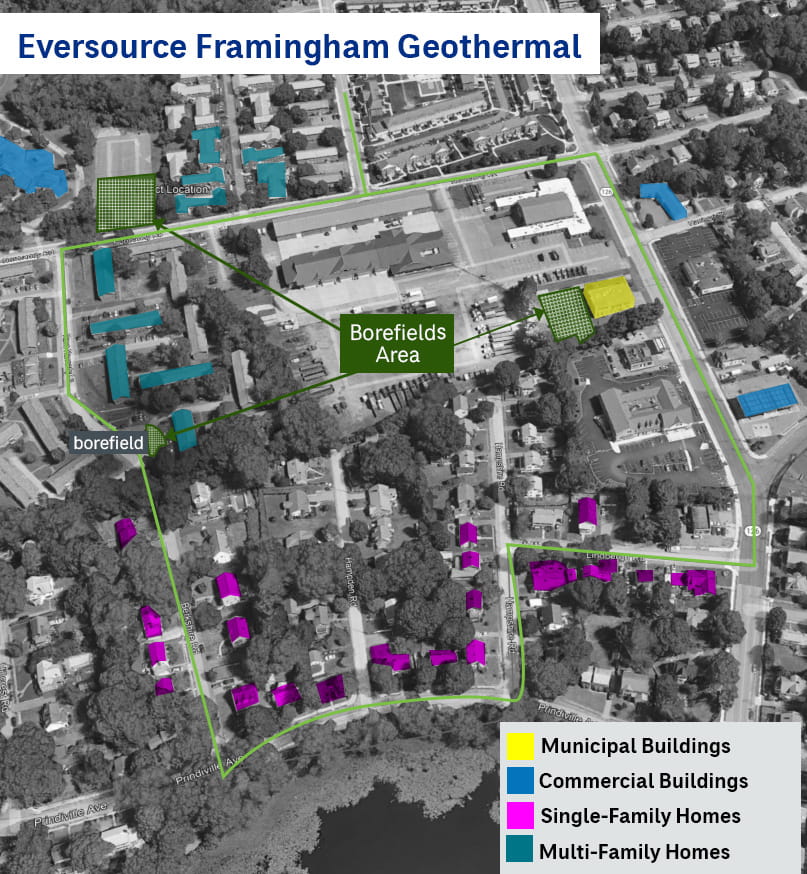 Once Framingham emerged as the top candidate, CDM Smith and Eversource began a public outreach campaign, lauded by Eversource as the most successful public outreach campaign they have ever held, based on the high frequency of engagement. Eversource moved into obtaining agreements with major stakeholders and homeowners, and CDM Smith supplied sales and market collateral to support the Eversource sales team.
Once Framingham emerged as the top candidate, CDM Smith and Eversource began a public outreach campaign, lauded by Eversource as the most successful public outreach campaign they have ever held, based on the high frequency of engagement. Eversource moved into obtaining agreements with major stakeholders and homeowners, and CDM Smith supplied sales and market collateral to support the Eversource sales team.
Following the pilot project, customers will have choices when it comes to using geothermal energy going forward. The customer may choose to return to the original heating system at no cost, shift to either an all-electric air source heat pump system (50% of the cost of which will be covered by Eversource), or continue with geothermal via an individual ground source heat pump. If the customer continues with their own geothermal, they will be responsible for the cost of installing a private vertical ground loop on the property. 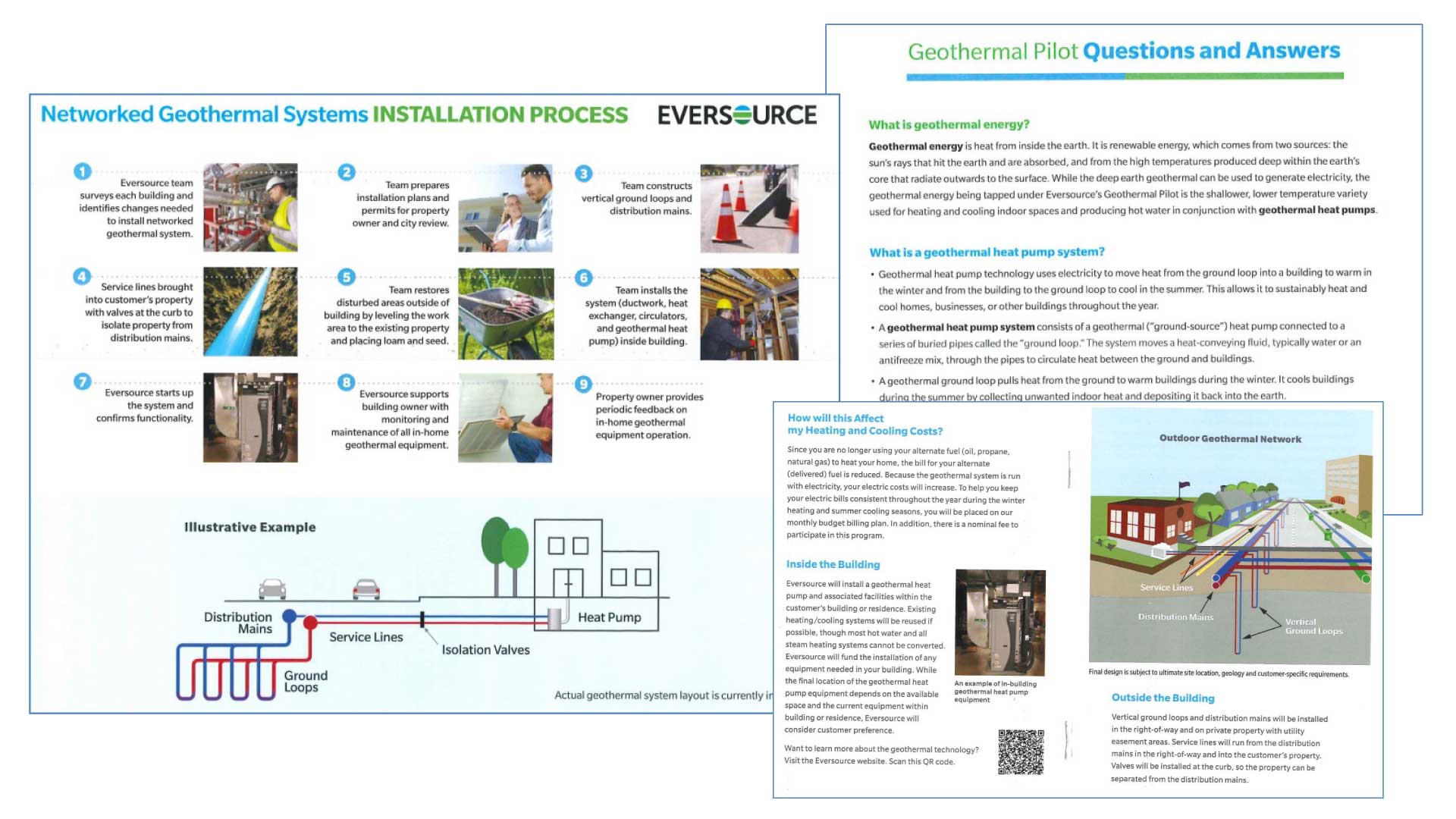
“Geothermal could be a great part of the global transition to carbon-neutral energy sources, and so we’re eager to test it,” said Bruno. The pilot is intended to run through two heating and cooling seasons, with a planned loop consisting of 45 buildings, 30 of which are residential homes.

By always learning and doing something new, I can better identify solutions to our clients' challenges.
Choosing the Site
The site selection process required a well-documented and rigorous exploration of 20 community areas. CDM Smith developed the district concepts at macro level for each community and went forth evaluating these districts and various configurations of each. After screening 17 candidate sites across five towns and cities, CDM Smith developed a customized decision analysis tool to objectively rank the viability of each site. The city of Framingham was ultimately selected for its relatively dense urban environment, community willingness, clean energy goals, and geological feasibility.

